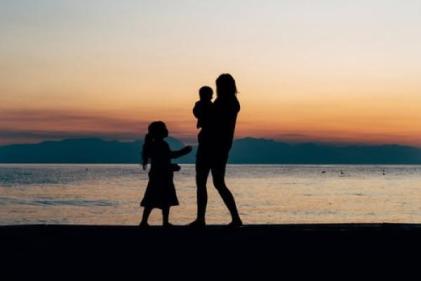Adopting a child has become a complex process in the Repubic, however, while there have been a decline in the number of applications, there have still been over 50,000 orders processed since 1952, when the Domestic Adoption Unit was started.
The Domestic Adoption Unit is the legal body that governs all adoptions in Ireland, and, even if you decide to adopt a child from outside the Republic (including Northern Ireland or the UK), you do need to ensure that you apply for an Irish Adoption Order, to ensure your adopted child’s legal status.
Among the tasks of the Domestic Adoption Unit is also to decide on the eligibility of children for adoption, and if there is any issue you know about regarding the adoption of a child, it’s to them that you should make your complaints or queries.
There are two basic categories of adoption: family adoption, and non-family adoption. As the name suggests, family adoptions deal with the adoption of children by a relative, or by a step parent. Non-family adoption is the adoption of an orphan, of a child whose mother or parents have put them up for adoption, or where the High Court have ruled that adoption is in the best interests of the child.
When it comes to eligibility for adoption, there are five types of people who can apply to adopt: married couples who live together, married couples who live separately, a relative of the child (or their spouse), a widow or widower, or, under special circumstances, a single person. Unmarried couples, however, are not eligible to adopt.
Children who may be adopted are: orphans, children who have been put up for adoption by an unmarried mother, or by both parents, or, in extreme cases, where the Domestic Adoption Board rules that a child in long term foster care has been abandoned by the parents.
It’s worth noting that even children whose parents later married, but who have not yet been reregistered can be put up for adoption, or that a child born in wedlock, but to a different father, can also be placed up for adoption (this does require that paternity is proven.)
Children under four weeks old cannot be placed up for adoption by agencies, and in general, children should be between six weeks and 18 years old. They must also be resident in the State.
If you consider adopting from outside of the Republic, remember that any consent forms signed by a mother in Northern Ireland or different country will only be valid in the Republic for three months, and that, in order to make the adoption legal in the Republic, you will still need to reapply for a domestic adoption order (the process remains much the same however).





